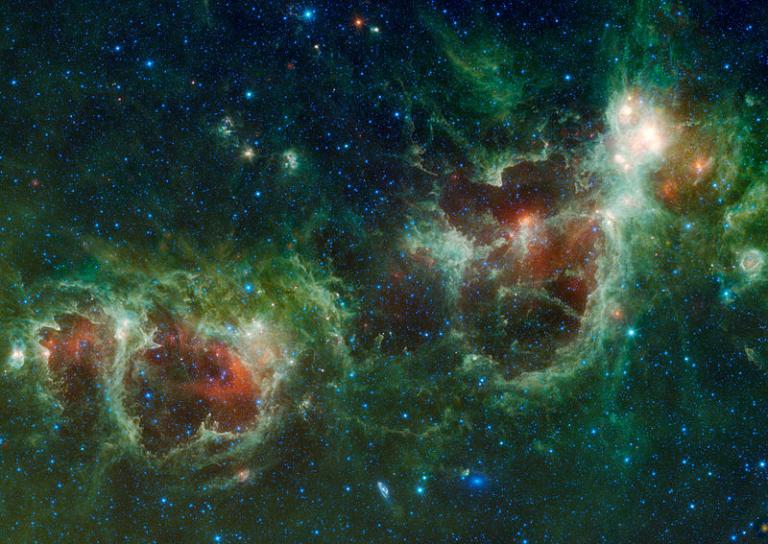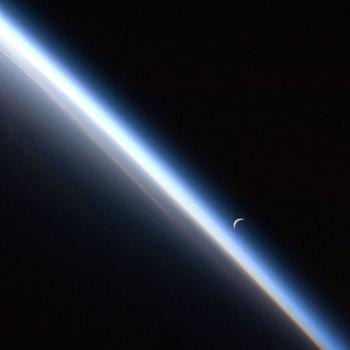
Scientists are slowly waking up to an inconvenient truth – the universe looks suspiciously like a fix. The issue concerns the very laws of nature themselves. For 40 years, physicists and cosmologists have been quietly collecting examples of all too convenient “coincidences” and special features in the underlying laws of the universe that seem to be necessary in order for life, and hence conscious beings, to exist. Change any one of them and the consequences would be lethal. Fred Hoyle, the distinguished cosmologist, once said it was as if “a super-intellect has monkeyed with physics”.
To see the problem, imagine playing God with the cosmos. Before you is a designer machine that lets you tinker with the basics of physics. Twiddle this knob and you make all electrons a bit lighter, twiddle that one and you make gravity a bit stronger, and so on. It happens that you need to set thirtysomething knobs to fully describe the world about us. The crucial point is that some of those metaphorical knobs must be tuned very precisely, or the universe would be sterile.
Example: neutrons are just a tad heavier than protons. If it were the other way around, atoms couldn’t exist, because all the protons in the universe would have decayed into neutrons shortly after the big bang. No protons, then no atomic nucleuses and no atoms. No atoms, no chemistry, no life. Like Baby Bear’s porridge in the story of Goldilocks, the universe seems to be just right for life.
Paul Davies, English theoretical physicist
The unsolved problems of the physical world now seem even more formidable than those solved in the twentieth century.
Though in application it works splendidly, we do not even understand the physical meaning of quantum mechanics, much less how it might be united with general relativity.
We don’t know why the dimensionless constants (ratios of masses of elementary particles, ratios of strength of gravitational to electric forces, fine structure constant, etc.) have the values they do, unless we appeal to the implausible anthropic principle, which seems like a regression to Aristotelian teleology.
Gerald Holton, Physics, the Human Adventure: From Copernicus to Einstein and Beyond
An honest man, armed with all the knowledge available to us now, could only state that in some sense, the origin of life appears at the moment to be almost a miracle, so many are the conditions which would have had to have been satisfied to get it going.












